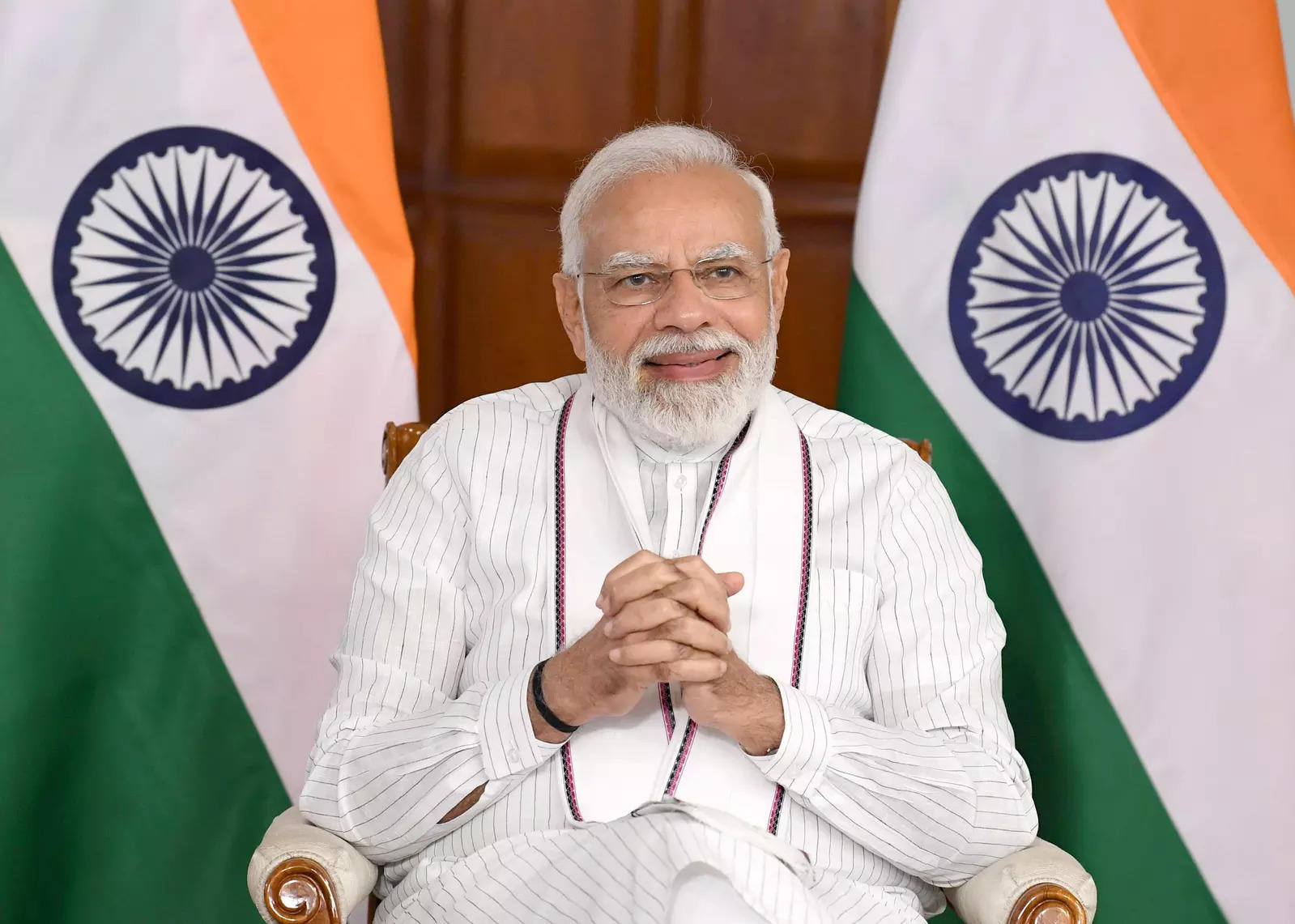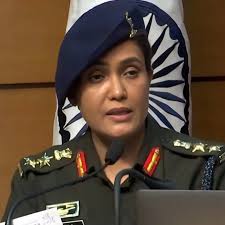Prime Minister Narendra Modi on Thursday inaugurated Akhil Bhartiya Shiksha Samagam on the implementation of the National Education Policy (NEP) in Varanasi on Thursday, said a press release by Prime Minister’s Office.
Addressing the gathering, the Prime Minister said that ‘our education system and young generation carry a big part of realizing the pledges of the ‘Amrit Kaal’, added the statement.
He conveyed his best wishes for the Samagam while bowing to Mahamana Madan Mohan Malviya. Earlier in the day, the Prime Minister inaugurated the Akshay Patra Mid-Day Meal Kitchen at LT College, as per the statement.
He said that the high level of talent of the students that he interacted with is an indication of the effort that will be needed to harness that talent.
The Prime Minister said that “the basic premise of the National Education Policy is to take education out of narrow thinking and connect it with the modern ideas of the 21st century.”
Akhil Bhartiya Shiksha Samagam
The Ministry of Education is organising Shiksha Samagam from 7th to 9th July. It will provide a platform for eminent academicians, policymakers and academic leaders. And will allow to deliberate and share their experiences and discuss the roadmap. It will be for effective implementation of the National Education Policy (NEP) 2020. The event is being organised as part of capacity building of more than 300 Academic, Administrative & Institutional Leaders from Universities (Central, State, Deemed, and Private), and Institutes of National Importance (IIT, IIM, NIT, IISER) from all over the country. Subsequently various stakeholders would present the progress of implementation of NEP. They would also share noteworthy implementation strategies, best practices and success stories.
During the three-day Shiksha Samagam, panel discussions on nine themes identified for Higher Education under NEP 2020 will be conducted. These themes are Multidisciplinary and Holistic Education; Skill Development and Employability; Research, Innovation and Entrepreneurship; Capacity Building of Teachers for Quality Education; Quality, Ranking and Accreditation; Digital Empowerment and Online Education; Equitable and Inclusive Education; Indian Knowledge System; and Internationalisation of Higher Education.











More Stories
Ajit Agarkar finalises India A squad for first match vs England: Yashasvi Jaiswal, Ishan Kishan in; announcement soon
Weather: पश्चिम, पूर्वी और मध्य भारत में तेज हवा और बारिश की चेतावनी; यहां लू से हलकान रहेंगे लोग, मौसम का हाल
RSS Attack On Colonel Sofiya Qureshi’s Home?